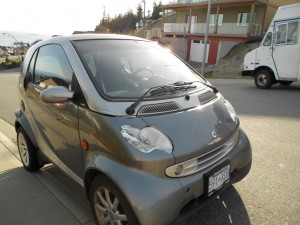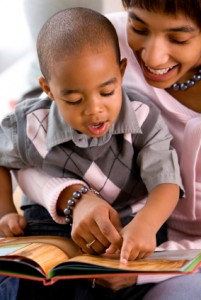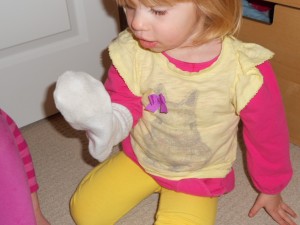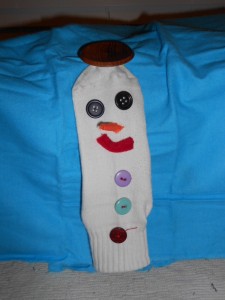Where we live the weather is the opposite of what we’d like right now; March is coming in like a lion with one last roar for winter instead of like a warm, wooly spring lamb. Speaking of opposites, these are quite challenging for children to learn and are sometimes used to get an idea of children’s level of thinking and kindergarten readiness. 
While some opposites are quite obvious like on/off or black/white, others are quite confusing. In the cold weather, even if it feels cold in the house that temperature is hot compared with outside. When kids are moving in the house we tell them to slow down, but on the way somewhere we tell them to hurry up. We saw this car on a walk. Would you say this car is big or little?
Opposites are not just all of one thing or all of another, it often depends on what objects are being compared. For example, big and little: Big Sister’s coat from last year is too small for her and too big for Little Sister. Even Little Sister is big when compared to the new baby cousin. Do you see how confusing this can be for kids? The words like fast-slow, big/little, and hot/cold sound easy and simple but not the concepts.
Understanding the meanings of opposites will take practice and repetition. Kids will need experiences and opportunities and adults will need to be patient as kids figure out how opposites works. There are some adults that have a challenge with the opposites of left/right, although maybe not for putting on mittens and boots.
For a play-of-the-day maybe you and your child could spend some time inside and some outside. For lunch, you might need to cool down some hot soup with a cold ice cube. Sing a song like Rolly-polly up, up, up and down, down, down. The weather may be the opposite of what we’d like, but it does give another way to use these words meaningfully. Where you live, which opposite will you use for the beginning of March, the lion or the lamb?




